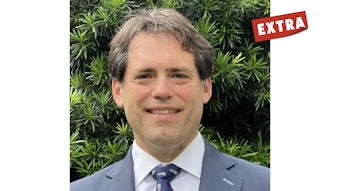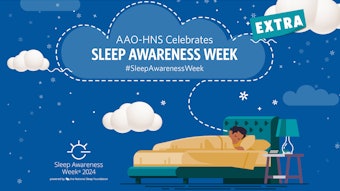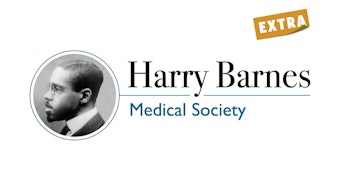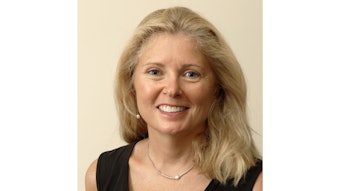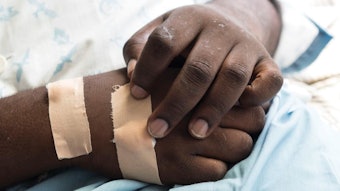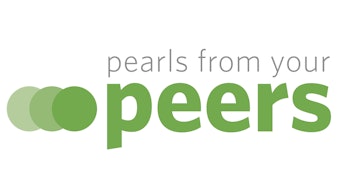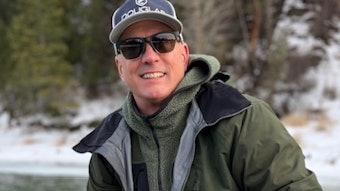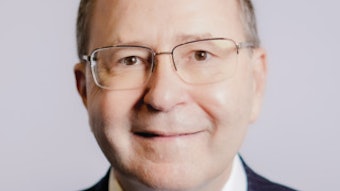Surgeons’ Psychological Safety Protects Everyone in the OR
An interview with James G. Naples, MD, about overcoming the surgical yips.
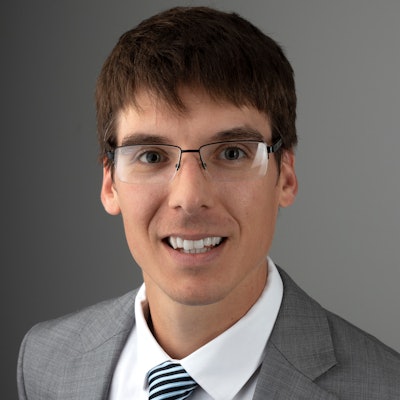 James G. Naples, MD
James G. Naples, MD
Most commonly known in the realm of sports, the yips are defined as “a state of nervous tension affecting an athlete…in the performance of a crucial action.” For Dr. Naples, the yips manifested while he was a junior resident. As a result, he struggled to perform the day-to-day functions of his job, particularly in the operating room. “The very simplest tasks became incredibly effortful,” Dr. Naples said.
A series of small moments built upon each other. If he struggled one day, he would feel extra pressure the next to prove that the previous day was just a bad day and not a sign of some underlying failure. “It became this downward spiral that was purely abstract,” Dr. Naples recalled. “There were no real external pressures. Nobody actually said there was a problem. But these abstract pressures led to this spiral of me not being able to move my hands…I eventually realized that the way a surgeon moves their hands during surgery is an external manifestation of what the mind is doing,” he explained. When he sought advice from senior surgeons—much of which he described as “well intended”—it was mostly technical because all they saw was that external manifestation. “What they didn't see was the underlying problem, which was internal,” he said.
As Dr. Naples told The Post, relief came when he switched rotations and met a senior surgeon he calls Dr. E. One day while they prepared for a mastoidectomy, Dr. E asked if he had ever performed the procedure. When Dr. Naples said he had not, Dr. E explained there was only one crucial rule to remember: Don’t hit the facial nerve. All other mistakes are fixable. During the three minutes of scrubbing time, Dr. E went on to share his own struggles during training and how much they had taught him. “He just opened up about his experience and was able to connect and relate in a way that nobody else had,” Dr. Naples said. “That created the psychological safety for me to be able to say okay, well, he did it. He went through it. Maybe it isn't so abnormal.”
Reflecting on his struggles as a junior resident, Dr. Naples believes that stress served as a springboard for confidence. Once he overcame his anxieties, it served as a foundation for his confidence. “Essentially, moving forward, I assumed that nothing would ever be as hard as what I went through as a junior resident,” he explained. “And that thought helped my confidence evolve because everything immediately became easier than that past experience.” From then on, Dr. Naples figured out how to recognize the yips, control them, and invest his energy toward a “more positive, productive outcome.”
Years removed from his surgical training and in his current role as adviser to Harvard medical students and residency program director, he uses many of the lessons he learned during his training to help the next generation of otolaryngologists. For more than a year, he has sent his residents a weekly email with a Surgical Tip of the Week. He tries not to tell trainees exactly what to do; instead, he advises them on how to think. “A tacit lesson I learned from Dr. E is that we often assume our role is to tell people what to do and how to do it because we think that’s what got them here. But I try to emphasize the thought process that led to the result, as opposed to the action itself,” Dr. Naples said.
Other lessons that Dr. Naples passes on to his students include not letting your head get in the way of your hands, figuratively speaking. And that if it doesn't feel right, it probably isn't. “We undervalue intuition in medicine,” Dr. Naples said. “I think feelings and intuition are incredibly valuable in terms of the decisions we make.”
Ultimately, Dr. Naples wants to see more professors and senior surgeons create the psychological safety needed for residents to feel comfortable in the operating room. “The senior surgeon is incredibly important in setting that tone,” he said. While senior surgeons need not be extroverted or cheerful with junior staff, there does need to be a level of respect and understanding of where everyone is. “Junior surgeons naturally want to feel helpful and there needs to be respect for their autonomy so they can function in their role, as appropriate. But recognizing that everybody needs to work together as a team to accomplish a goal is also really important,” he added.
Another way Dr. Naples thinks residency programs and the medical community at large could help create psychologically safe spaces would be to provide medical professionals with resources similar to those that athletes are provided. “If you play a professional sport, you not only get the technical training, but all the other resources needed to perform your best like a performance psychologist, a nutritionist, physical trainer, and a sleep expert,” Dr. Naples said. In contrast, surgical trainees are given the technical training to carry out their work but not necessarily the holistic tools that they need to succeed in and out of the operating room.
“Medicine has done a really good job of including simulation in the technical training, but there’s a gap in understanding how to provide resources around the psychology of performance, sleep, and nutrition. I think that would be an incredible asset for surgeons and physicians.”
Reference
Naples, James C. (2024). Everyone can benefit from this lesson I learned as a young surgeon. The Washington Post. https://www.washingtonpost.com/opinions/2024/01/03/surgeon-yips-leadership-lesson/.
